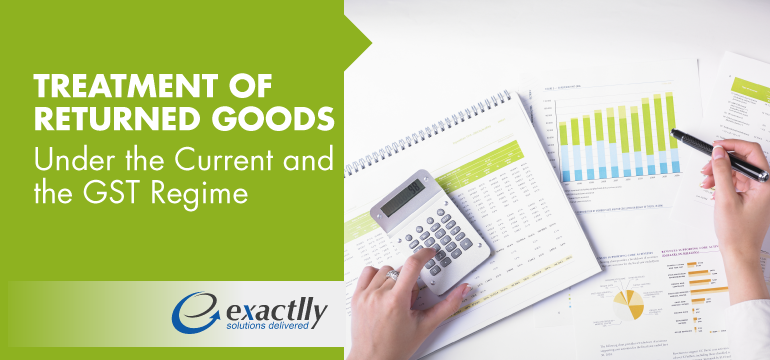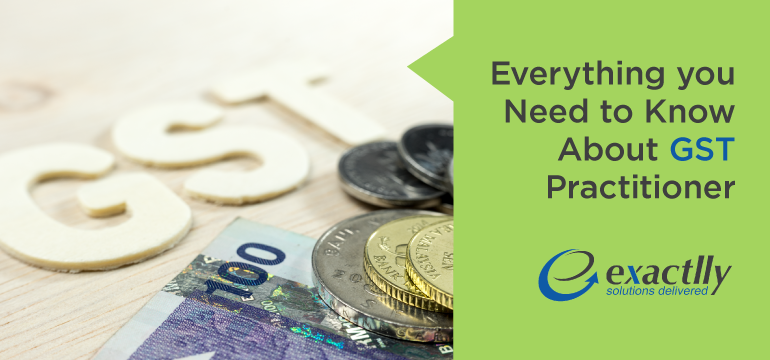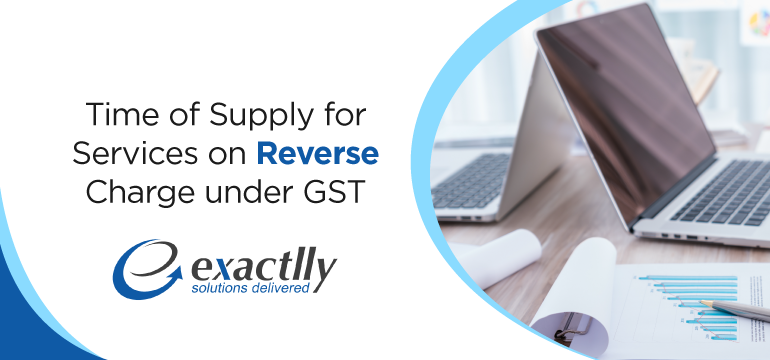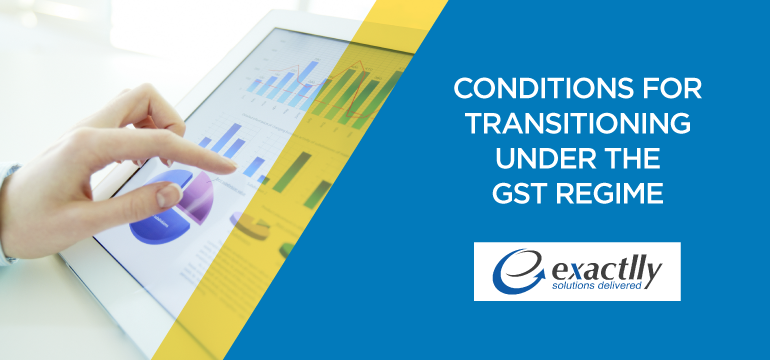Treatment of Returned Goods – Under the Current and the GST regime

Returning a good once sold is very common – even for business during the course of trading. Under the erstwhile indirect tax regime, once a good is returned it has a reducing effect on the total sales turnover of the business. Goods must be returned within a prescribed time, and in a time-bound manner (mostly within 6 months from the date of sale). The amount of reduction availed from tax on the goods depends on the state in which the business is operating as the amounts vary from state to state.
July 1, 2017, marks the date from which massive reforms under the ambit of GST are set to take place – especially with respect to indirect taxation. It is vital for a business to understand any tax implications that may affect it with respect to goods, as supply itself is a taxable event under the GST. You may be considering several questions like what if goods are returned from an unregistered person, or they are returned from a registered taxable person, or what if the goods so returned were earlier exempt but have become taxable under the GST… how are they to be treated then?
Keep in mind that if goods are sold prior to the GST regime kicking in, but are returned after its implementation, such a transaction is bound to have certain implications, which we have further discussed.
Example 1 – Goods sold prior to GST kicking in but returned after its implementation (by either a registered or unregistered taxable person):
-
Treatment of Goods when returned by a Registered Taxable Person –
Such goods will be considered as a supply and will attract a GST levy for the simple explanation that when the tax was paid upon purchase of these goods, they were paid by a recipient as part of the Input Tax Credit or ITC and then utilized (or in case of a balance, carried forward to be utilized later). When these goods are returned, GST will be charged on them and allowed as ITC to the seller of the goods.
As an illustration, F&M Clothing based in Mumbai, Maharashtra sold 30 garments amounting to INR 1,00,000 at a VAT of 14.5% to Lara Fashion, a registered dealer (based in Pune, Maharashtra), however, these goods were returned soon after. Upon return, these goods will be treated as a supply, owing to the explanation above. Additionally, these goods will attract a GST of 18%.
-
Treatment of Goods when returned by an Unregistered Person –
In the event that an unregistered person returns taxable goods, the seller of the goods will be eligible to receive a refund of duty/tax. However, such refund of duty/tax will be based on whether the date of sale of the goods has not exceeded 6 months and the return of the goods is taking place within 6 months from the date of their purchase.
As an illustration, F&M Clothing, registered in Maharashtra, sells 30 garments worth INR 1,00,000 to Dress Me, at a VAT of 14.5%, however, Dress Me returned these goods within 2 months from the date of sale. In this case, F&M Clothing will be eligible for a refund of the duty that is 14.5% amount as the sale period is within the 6-month limit and the return of the goods is also within 6 months of GST implementation.
Example 2 – Treatment of exempt Goods under the Goods and Services Tax regime:
-
Treatment of Goods when returned by a Registered Taxable Person –
Tax is not levied on exempted goods that are sold under the erstwhile indirect tax regime and then returned subsequently under the GST regime. This is subject to certain conditions including the date of sale of the goods should not exceed 6 months to the date of implementation of the GST and the goods should be returned within 6 months from the date of implementation of the GST.
As an illustration, F&M Clothing sold garments amounting to INR 50,000 to Lara Fashion on June 20th, 2017 (exempt from VAT). However, Lara Fashion returned these goods on 26th January 2018. In this case, the tax will be payable because the goods were not returned within 6 months of the GST being implemented, nor were the goods returned within 6 months from the date of sale. However, the goods would have not been taxable had they been returned before the 6-month date limit had not been breached.
-
Treatment of Goods when returned by an Unregistered Person –
Tax is not payable on goods that are exempt when sold under the erstwhile indirect tax regime and then returned upon implementation of the GST, by an unregistered person. There are conditions here that need to be met.
As an illustration, F&M Clothing sold goods to an unregistered dealer worth INR 20,000. These goods were subsequently returned after the GST was implemented. No tax is liable to be paid on these goods.
Wants to know more about exactlly? Feel free to Contact Us and get a Free Demo.






